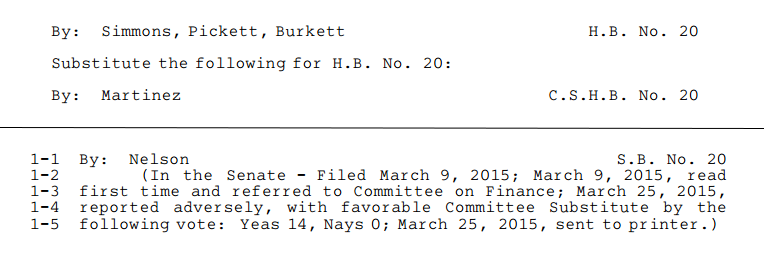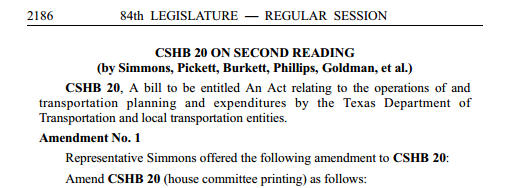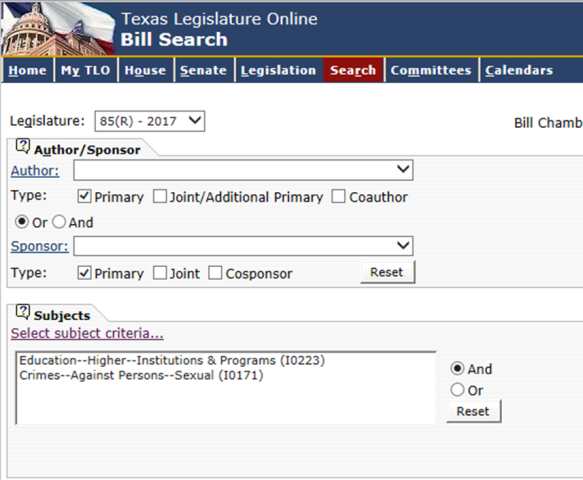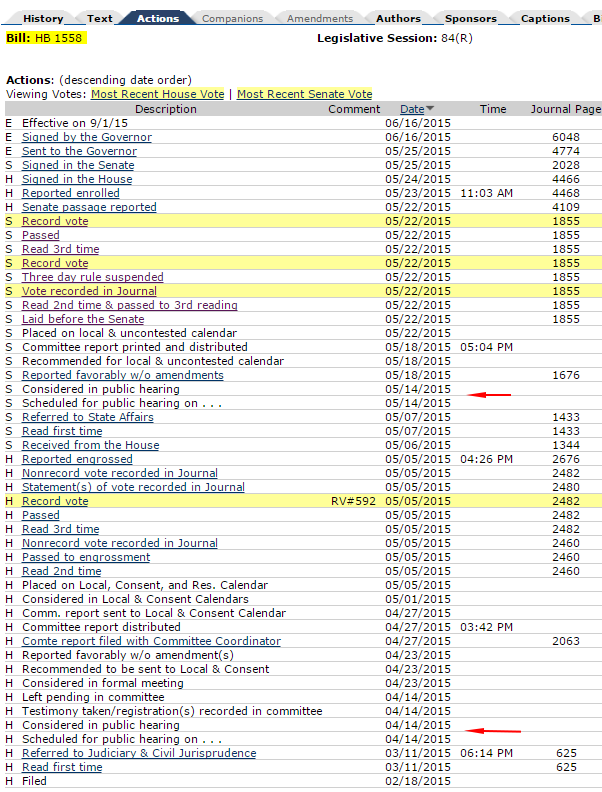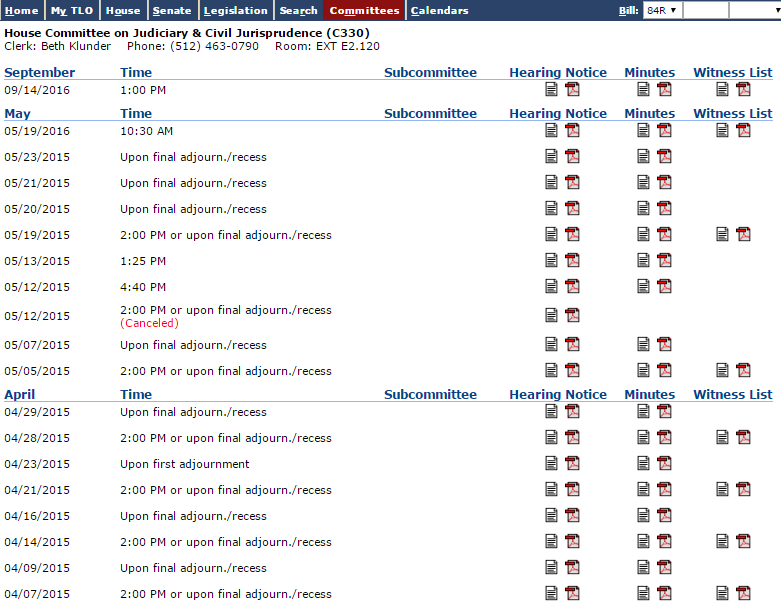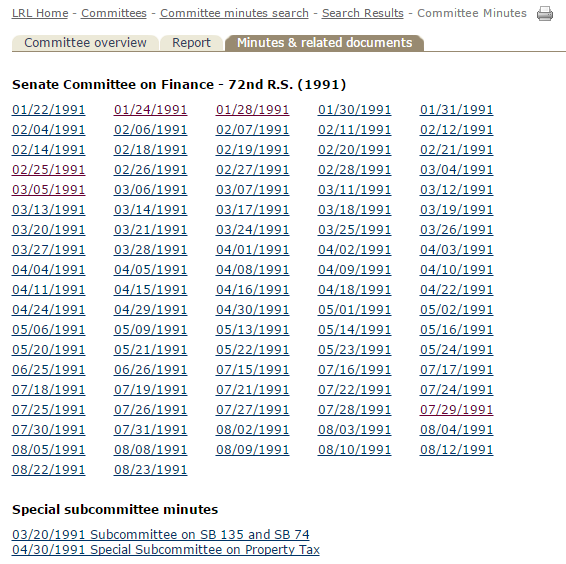The large tent that appears on the south lawn of the Capitol near the end of every session is as reliable a marker of Spring as the arrival of the bluebonnets. The white canopy serves as the customary venue for the Members Reunion Day luncheon, part of a perennial celebration of House service that takes place this week on April 28.
All current and former House members are invited to the event, which begins with breakfast in the Capitol and concludes with barbecue under the big top. In between, current members will take a pause from their legislative duties to pay tribute to previous members and Speakers.
Setting aside time to honor the leadership is a long-standing tradition in the House of Representatives. With a few exceptions, Speaker's Day—as it was originally known—has been held every session since 1876.
For much of its history, Speaker’s Day was a congratulatory observance with a solitary focus. Common features of the early days included poetry, public tributes, and other forms of high praise. The popular “presentation of gifts” consisted of traditional keepsakes, such as watches, Bibles, cuff-buttons, and tea services.
In later years, popular music and good-natured satire accompanied the lofty language used in earlier celebrations. By the 1940s, lauding the Speaker with polished prose was out of fashion, and more colorful forms of expression made their way into the mix.
In 1943, for example, Representative Will Smith enchanted House members with his own clever couplet:
If I've grown old and there's silver in my hair.
Speaker Price Daniel put it there.
A choral club from Dallas regaled Speaker William Otey Reed in 1947 with a tender rendition of "Smoke Gets in Your Eyes."
Although the focus and name of the day have changed, Members Reunion Day perpetuates the same celebratory spirit and sense of common purpose as the earliest commemorations. A similar motivation is reflected in the Senate, which has its own tradition dating back to 2003.
This week the Senate will also take a break from the rigors of the legislative session to celebrate the service of former senators. Former Members Day, as it is called in the Senate, begins with a dinner on Wednesday, April 26. A ceremony honoring living and deceased former members will take place in the Senate chamber following breakfast on Thursday. Senators who served in the military will receive special recognition this session.
During the ceremony, former senators will be seated within the rail of the Senate, and the names of senators who have died since the last official gathering will be read. As a lasting tribute, copies of the Senate's biennial publication,
A State of Remembrance, will be distributed to members.
This entry was posted on April 26, 2017 at 11:31 AM and has received 1701 views.
Print this entry.
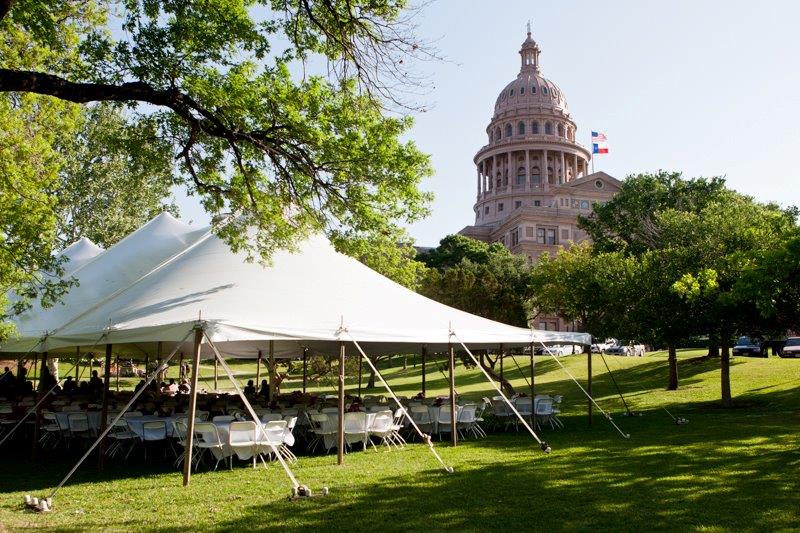

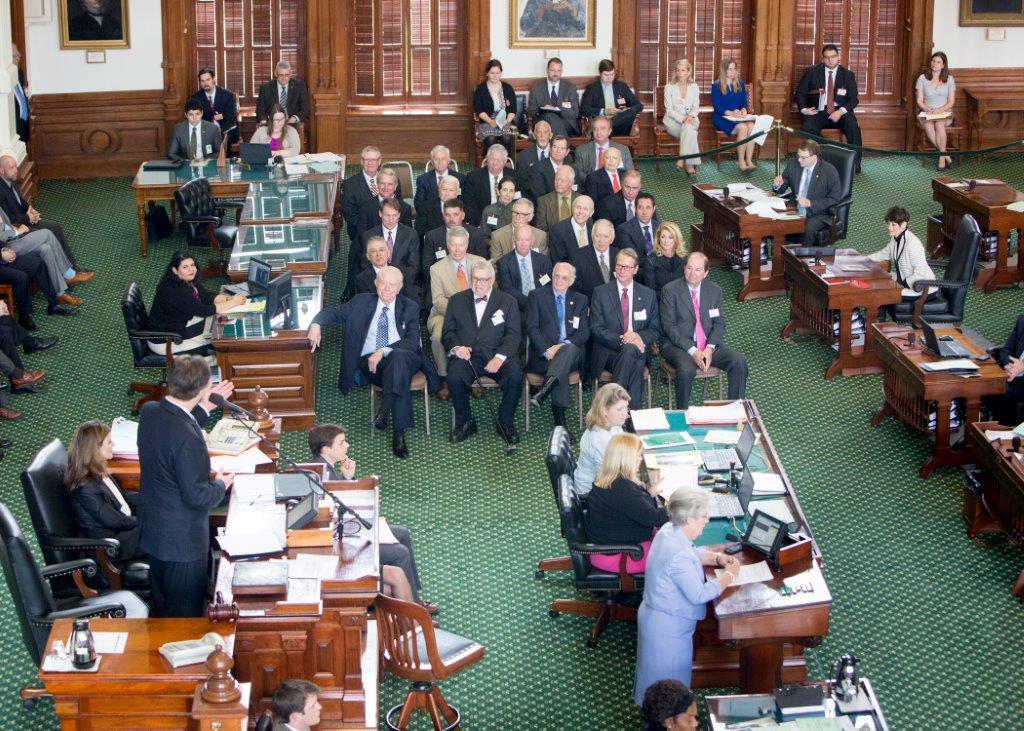



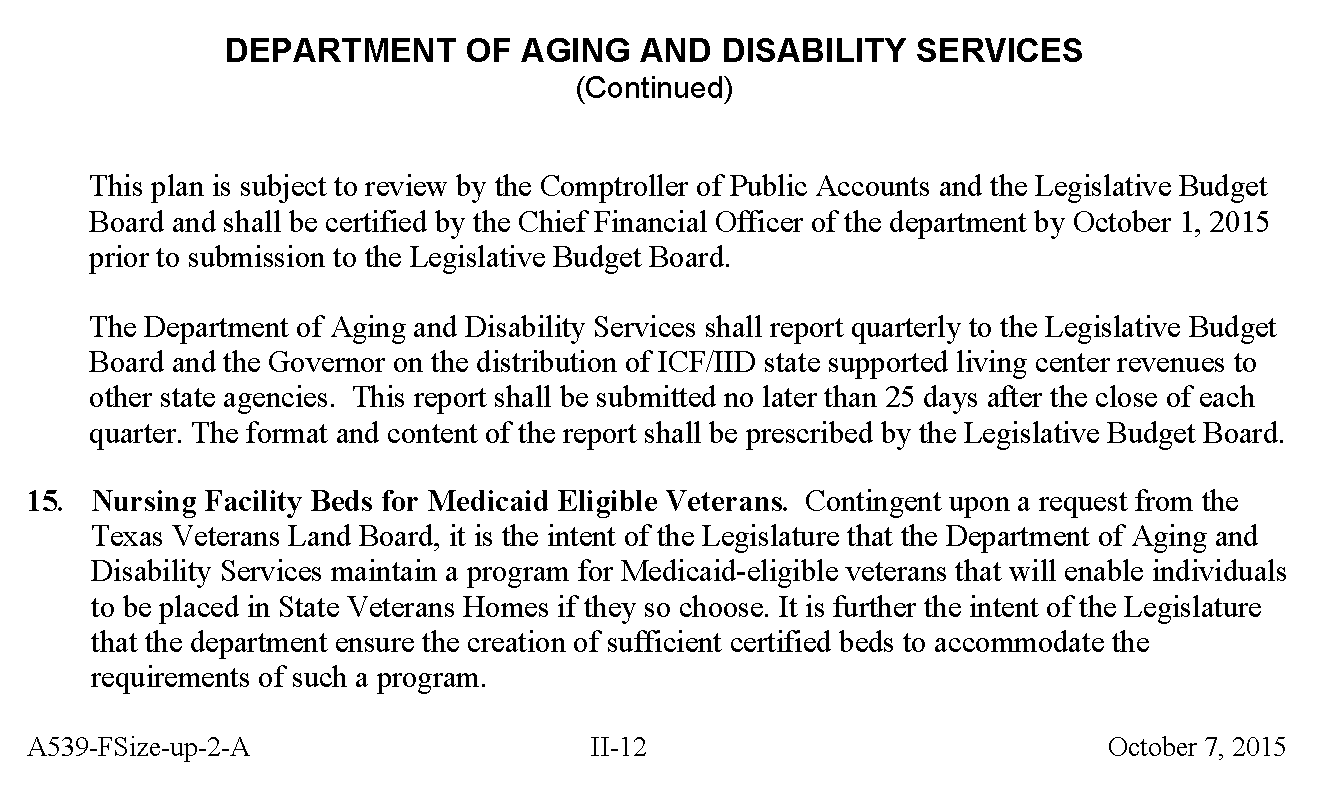
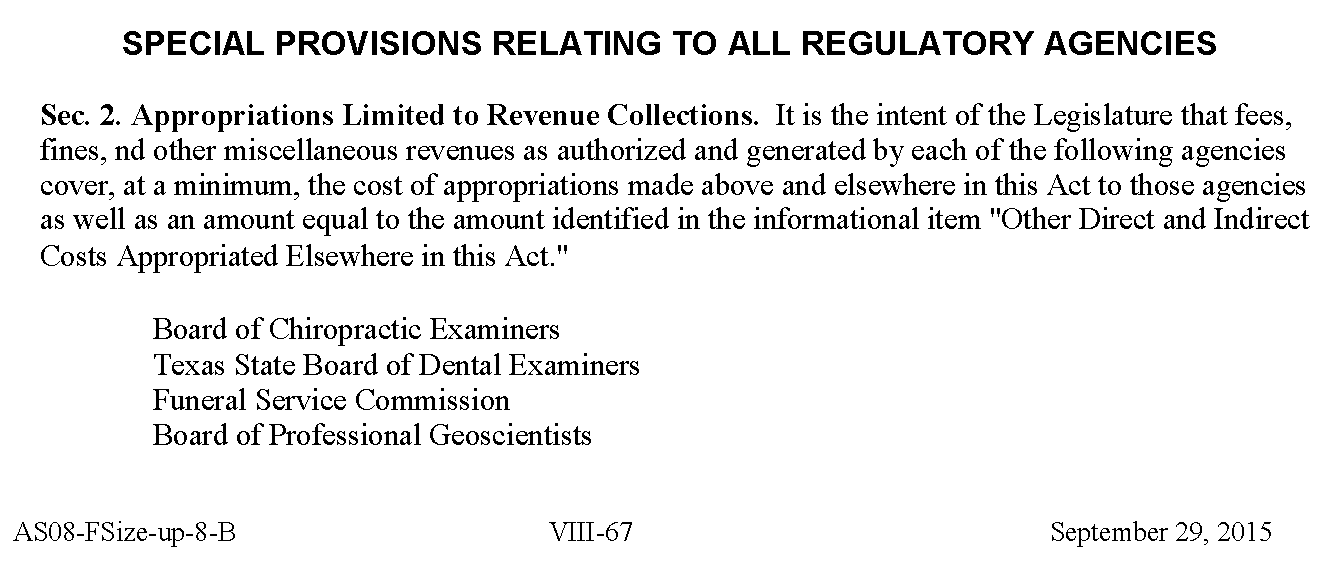
 To find out more about what we do, as well as the variety of resources we provide, we invite you to visit and explore our website. And don't forget to follow us on Twitter and Pinterest, read our blog, or subscribe to one of the library's RSS feeds. We use these platforms to share useful information and resources related to Texas and the Texas Legislature.
To find out more about what we do, as well as the variety of resources we provide, we invite you to visit and explore our website. And don't forget to follow us on Twitter and Pinterest, read our blog, or subscribe to one of the library's RSS feeds. We use these platforms to share useful information and resources related to Texas and the Texas Legislature.